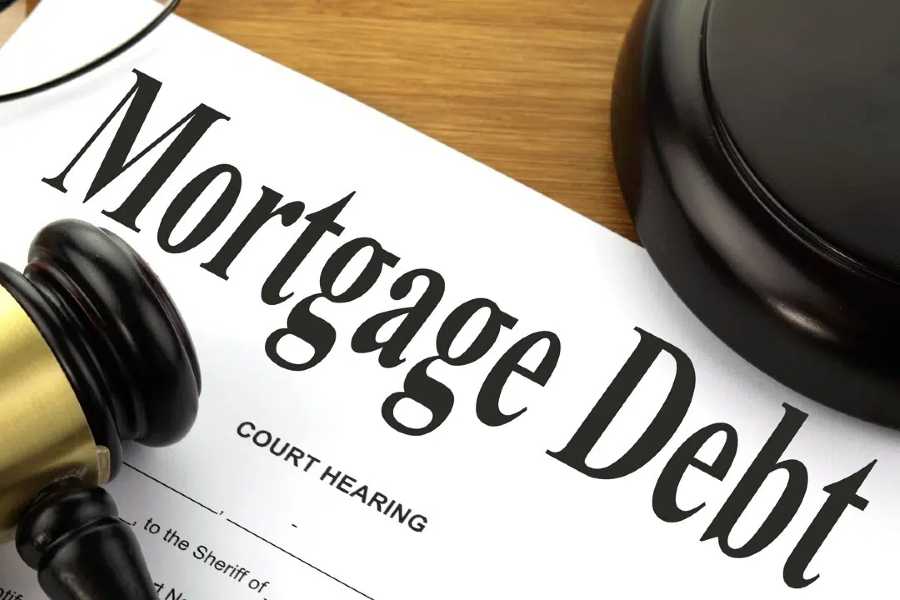In this blog, we will look at the advantages of fixing your mortgage and what other alternatives there are. The most common sort of mortgage now is a fixed rate mortgage. So the question we always get asked is ‘Should I fix my Mortgage?’ Let’s take a look…
What is fixed rate mortgage?
A fixed rate mortgage is a form of mortgage in which the interest rate is fixed for the whole term of the loan. They can help you manage your finances because you’ll know exactly how much you’ll have to pay each month. With a fixed-rate mortgage, you can maintain the same interest rate for several years. It implies that you’ll be aware of the amount you’re contributing to your mortgage each month. A fixed rate gives you greater control over your monthly expenditure than other types of mortgages because there won’t be any unpleasant shocks on your mortgage statement.
What is the alternative?
If you have a fixed-rate mortgage and your incentive period expires, your mortgage lender will automatically switch you to the standard variable rate, (SVR). If you are on the SVR, your lender has the discretion to adjust your mortgage payments upward or downward at any time. Most lenders do 2,3 and 5 years however 10 years is starting to be introduced. Typically, your lender will adjust them roughly in accordance with changes in the interest rates set by the Bank of England. Therefore, if interest rates decrease, your payments will probably also decrease. Additionally, if interest rates increase, your payments undoubtedly would as well. Despite this, your lender is technically free to change your rate whenever they like and is not required to match the Bank of England’s rates. Thus, it carries some risk. Additionally, the SVR is typically far higher than what your fixed-rate mortgage would be, which is another way the banks profit greatly. Loyalty doesn’t pay in this situation, therefore if your fixed-rate agreement is about to expire, you should typically re-mortgage before your lender can switch you to the dreaded SVR.
Why is it a good idea to fix your residential mortgage?
Fixing a mortgage primarily serves to lock in “today’s” interest rate for a defined period. Moving to a fixed-rate arrangement can still help you save a lot of money if you are currently paying your lender’s standard variable rate (SVR). 5.17% is the average SVR, according to Moneyfacts. A person with a mortgage of £200,000 may save £200 a month by switching to the best two-year fixed rate plan. Although the choice to fix your mortgage is a personal one, it makes sense to at least look at fixing now if you are concerned that interest rates will climb further or if you would find it difficult to repay your loan if rates do rise.
Why is it a good idea to fix your BTL investment mortgage?
In a buy-to-let fixed rate mortgage, the interest rate is fixed for a predetermined amount of time, often five years, though sometimes lenders will provide even longer fixed terms. It is also possible to receive a ten-year fixed rate. You will almost surely gain from fixing if your loan-to-value is low because you will be able to get a cheap fixed-interest rate. You are locked into a lower interest rate for a longer period the longer your fixed term is.
Should I fix my mortgage now?
You can avoid the consequences of upcoming rate increases by getting a fixed-rate mortgage. For a specific amount of time, this sort of mortgage gives a fixed interest rate. A building society might, as an illustration, provide a two-year fixed rate at 1.5%. So, budgeting will be considerably simpler because you’ll know exactly how much you’ll pay each month. Additionally, there is no need to worry if the base rate increases because your payments will remain the same. Simply said, if you fix your mortgage, you won’t have to worry about base rate adjustments. Many borrowers might find a rate increase frightening.
Good BTL lenders to use
Accord, Natwest and Santander banks are some great BTL lenders to use. Currently, mortgages with greater down payments, like 35%, or loan-to-value ratios lower than 65% are eligible for the best buy-to-let mortgage rates. Rates and costs for fixed and variable buy-to-let mortgages are nearly identical up to a 75% LTV. Rates do fluctuate, though, and discounted variable rates are less expensive than fixed rate alternatives if you have a buy-to-let mortgage with an 80% LTV.
Advantages of fixing your mortgage
- A major benefit of a long-term fixed-rate mortgage is that you will have a firm idea of your monthly payments. No matter what happens to the economy or if the Base rate rises or lowers, your mortgage payments won’t change for seven or 10 years.
- Since lenders are lowering their interest rates to attract more applicants, a fixed rate mortgage may be less expensive than a variable one. As a result, you might discover that the interest rate on a fixed rate mortgage is lower than that of a variable one.
- They can benefit buyers, particularly first-time buyers, in creating a fixed-term budget.
A great podcast to listen to – Rob and Rob Property Hub
I highly recommend this podcast at https://propertyhub .net/podcast/. Every week, they review the most recent real estate news and offer their expertise on various topics every week. It’s great for new and experienced investors as you can always learn something new.
Should I fix my Mortgage? The Conclusion…
Finding the best balance between these and other aspects, as well as how they apply to your own situation and the market, is key to selecting the best mortgage package. Your mortgage broker will find the greatest deal out there and assist you in securing it thanks to their extensive knowledge of the industry and the situation you’re in.
For some people, a fixed-rate mortgage will be the ideal answer, while for others it will be a nightmare. With everyone who has a financial stake in the property, make sure you weigh all the advantages and disadvantages and determine which situation will work best for you.
Further Reading:
You might also find these articles helpful:



One thought on “Should I Fix my Mortgage?”